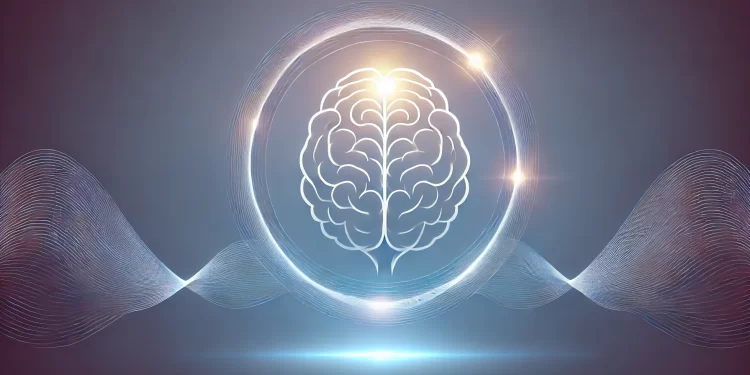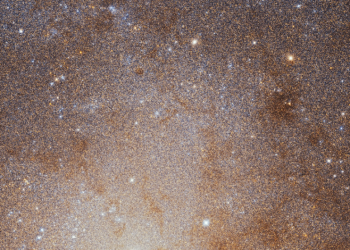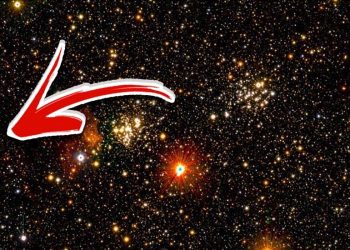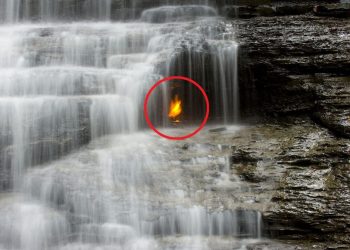For generations, the nature of human consciousness has mystified experts across fields. Philosophers, neuroscientists, and physicists alike have long debated where consciousness originates and how it functions. Despite breakthroughs in brain science—where researchers have mapped neural networks, studied brainwaves, and even pinpointed areas of the brain associated with self-awareness—the question remains: what exactly is consciousness? Is it simply a byproduct of electrical impulses in our neurons, or does it extend beyond the physical brain into something much more profound?
But for Dr. Michael Pravica, a physicist at the University of Nevada, Las Vegas, consciousness might have a much deeper origin—one that lies in higher dimensions beyond the physical world we experience daily.
In our everyday lives, we navigate a world defined by three dimensions: length, width, and height. These dimensions allow us to move, interact, and perceive our surroundings. However, Dr. Pravica believes there’s more to reality than what our senses can perceive. According to him, consciousness could transcend these physical boundaries, tapping into hidden dimensions that scientists theorize exist beyond our perception.
This idea isn’t entirely new, explains Popular Mechanics. Theoretical physics, particularly string theory, suggests that additional dimensions exist beyond the three we know, influencing everything from the formation of particles to the very structure of the universe. Pravica’s bold hypothesis is that consciousness, during moments of heightened awareness—whether through deep thinking, artistic creation, or even dreams—connects to these hidden dimensions, gaining access to untapped realms of creativity and inspiration.
Hyperdimensionality: The Gateway to Consciousness?
At the heart of Pravica’s theory is the concept of hyperdimensionality, the idea that our universe contains dimensions beyond the three we experience. While this may sound abstract, hyperdimensionality is central to cutting-edge theories in physics. In string theory, for example, particles and forces are explained as the result of tiny, vibrating strings that operate across multiple, unseen dimensions.
Pravica suggests that, just like these strings, our consciousness might interact with these higher dimensions. This interaction could explain the bursts of creativity or moments of clarity people often experience when engaged in complex thought or creative endeavors. Essentially, when our minds are working at their fullest capacity, they might momentarily breach the physical barriers of our three-dimensional world and connect with the hidden dimensions that underlie reality.
While the idea of consciousness reaching higher dimensions may sound intriguing, it’s met with skepticism from many in the scientific community. Dr. Stephen Holler, a physicist at Fordham University, is one of several experts who caution against jumping to conclusions about consciousness based on speculative physics.
Holler compares this to outdated models of the cosmos. At one point, astronomers believed the Earth was at the center of the universe and relied on complicated theories like epicycles to explain planetary motion. These ideas were eventually replaced by more accurate models. Similarly, Holler warns that applying hyperdimensionality to consciousness might be an overly complex way of explaining something we don’t yet fully understand.
“Hyperdimensionality might be a fascinating concept in theoretical physics, but using it to explain consciousness without concrete evidence could be a modern version of these outdated astronomical models,” Holler says.
The Future of Consciousness and Hyperdimensional Research
Despite skepticism, Pravica remains optimistic about his theory’s potential. He believes that as technology advances, we may one day have the tools to test these ideas. Facilities like CERN and its Large Hadron Collider already explore subatomic particles in the hopes of unlocking the universe’s hidden dimensions. Pravica is hopeful that within the next few decades, scientists may find ways to examine consciousness in connection with these deeper layers of reality.
He envisions a future where we better understand the role of consciousness in the universe, possibly uncovering the true nature of the mind’s power to transcend physical limitations. For him, the pursuit of this knowledge is not just about science—it’s about finding purpose in a vast and complex universe.
The idea that consciousness could interact with higher dimensions challenges both our scientific understanding and our philosophical views on the mind. While this theory remains speculative, it pushes us to think beyond the limits of current knowledge. Whether Pravica’s hypothesis will stand the test of time or be replaced by future discoveries remains to be seen.











